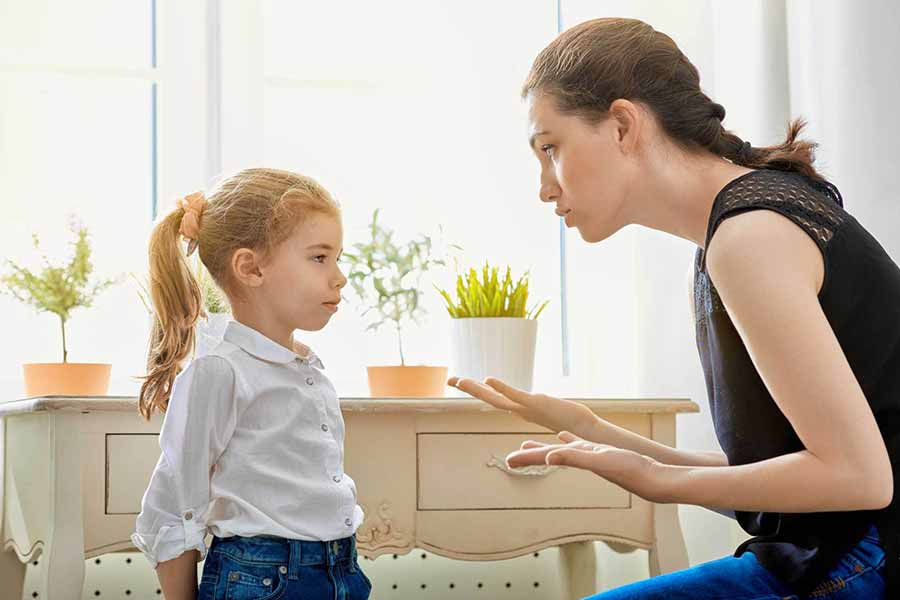How Parental Discipline and Role Modeling Influence a Child’s Attitude to Education
- Pooja Sharma
- May 25, 2023
- 3 min read
Children absorb their surroundings like little sponges from the minute they open their eyes to this world. The role of parents is critical at this critical time of development. Parental discipline and role modelling, in particular, have a considerable impact on a child's attitude towards schooling. Let's look at how these variables play out in real-world circumstances.
To begin with, parental discipline is not about enforcing severe rules; rather, it is about establishing limits and providing structure in a child's life. Children acquire self-control, responsibility, and self-reliance via continuous discipline. Setting a regular homework schedule, for example, creates a pattern, which can transfer to a disciplined attitude to school. Similarly, making sure your child follows their teacher's directions helps them develop a positive attitude towards authority figures throughout their scholastic journey.
Inconsistency in discipline, on the other hand, may cause youngsters to test limits and oppose structure. Remember that discipline is more than just 'does' and 'don'ts'; it is also about teaching life skills that will help you in school and beyond.
Role modelling has the same effect. Children frequently mimic their parents' behaviours, especially their attitudes towards learning. If a parent demonstrates curiosity, dedication, and a love of learning, it is more probable that their child would do the same. For example, if you build a habit of reading books, your child is likely to mimic your behaviour and develop a love of reading, which is an important element of education.
Negative behaviours, on the other hand, can be ingrained. A lack of interest in your child's education, derogatory remarks about their teachers, or simply a general lack of interest in your own learning and growth may implant similar views in your child.
So, as parents, what can we do to positively affect our child's educational attitude? Here are a few practical suggestions:
Create a Consistent Routine: Create a daily routine that includes specific hours for homework, recreational reading, and other educational activities. Consistency provides a sense of stability and teaches youngsters that education is a regular and vital aspect of life. Setting up a certain period after dinner for homework and revision, for example, might assist children in developing discipline and an organised approach to their studies.
Demonstrate Genuine Interest in Their Learning: Talk to your kids about their school day. Inquire open-endedly about what they learnt, their favourite parts of the day, and any difficulties they encountered. This participation demonstrates to youngsters that you prioritise their education. At home, you could also make a "learning highlights" board where everyone shares something new, they learned each day.
Model Positive Attitudes towards Learning: Children are terrific observers, so model positive attitudes towards learning. Allow them to see you engaged in learning activities, such as reading a book, completing a crossword puzzle, or enrolling in an online course. This experience instills in them the importance of learning as a lifetime endeavour, encouraging them to remain curious and receptive to new information. Remember that your enthusiasm for learning can be contagious.
Practice Respect and Kindness: Respect and Kindness: Students should show respect to their teachers and peers. Address any disagreements or concerns gently. Discuss classroom difficulties or confrontations with understanding and kindness, and educate your students to do the same. These behaviours can foster a good and polite attitude towards teachers and classmates, resulting in a more conducive learning environment.
We may help our children develop favourable attitudes towards school by implementing these recommendations into our parenting strategy. Remember that every action you take, no matter how tiny, shapes your child's educational path. Let us make it a good and gratifying experience.

Comments